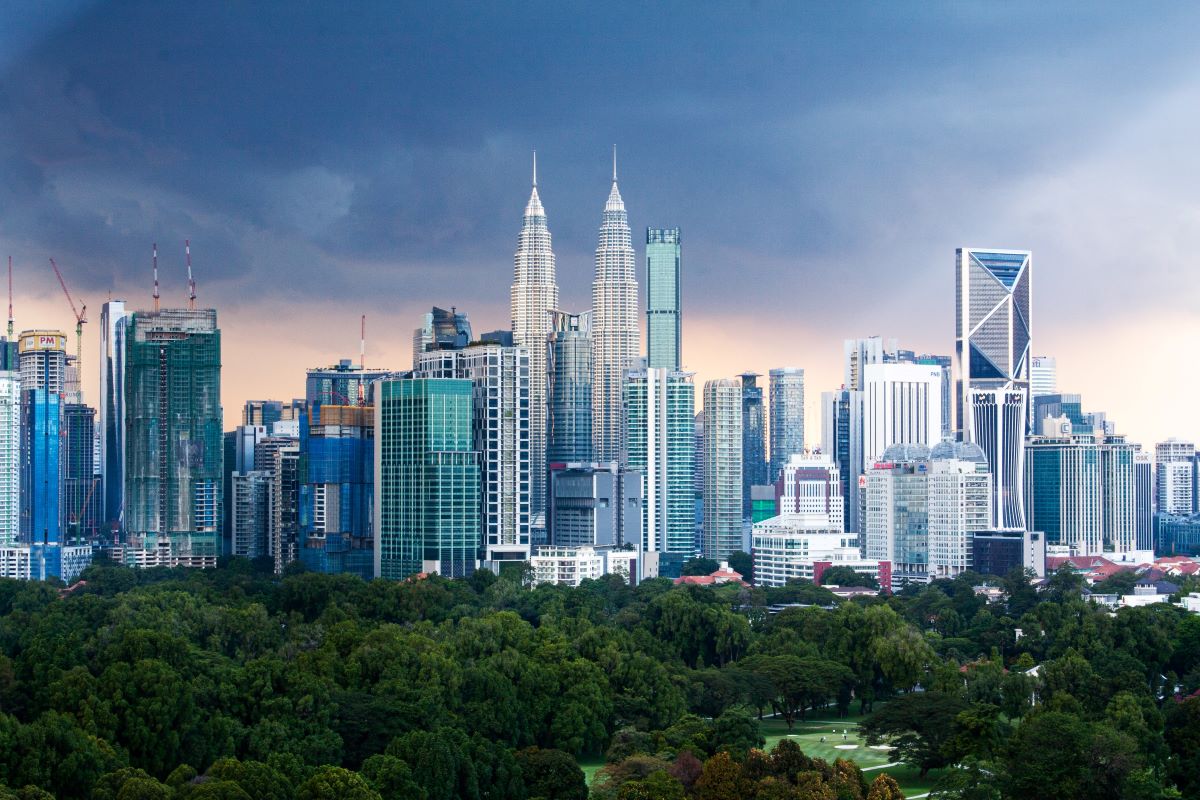Malaysia’s Prime Minister, Anwar Ibrahim, has announced that the country intends to implement a dual 5G network system, a move aimed at facilitating increased participation by China’s Huawei. This strategic decision is envisioned to strike a balance between Western and Eastern technology influences.
Earlier in May, the Malaysian government had declared its intention to introduce a second 5G network, scheduled to commence operations in the near future. This decision was made to dismantle the monopoly held by a single state-run network, despite objections from certain Western nations advocating for Malaysia to adhere to its initial plan.
Reports from The Financial Times in May had revealed that both the European Union and the United States had cautioned Malaysia about potential national security risks and implications for foreign investments associated with Huawei’s involvement in the country’s telecommunications infrastructure.
Acknowledging the concerns expressed by some countries regarding the security and capacity of Chinese technology, Anwar emphasized that the move to allow a second 5G network was driven by the desire for Malaysia to access diverse technological options.
In 2021, Malaysia had introduced a blueprint involving the establishment of a state-owned agency known as Digital Nasional Berhad (DNB), which was intended to have sole ownership of the entire 5G spectrum. Multiple carriers would then utilize this infrastructure to offer mobile services. However, this plan had faced criticism from the industry, primarily related to pricing and competition.
DNB had entered into a partnership with the Swedish telecom giant Ericsson to implement Malaysia’s 5G network. The potential impact of Malaysia’s plan for a second network on DNB’s existing agreement with Ericsson and its ramifications for other mobile operators remains uncertain.


